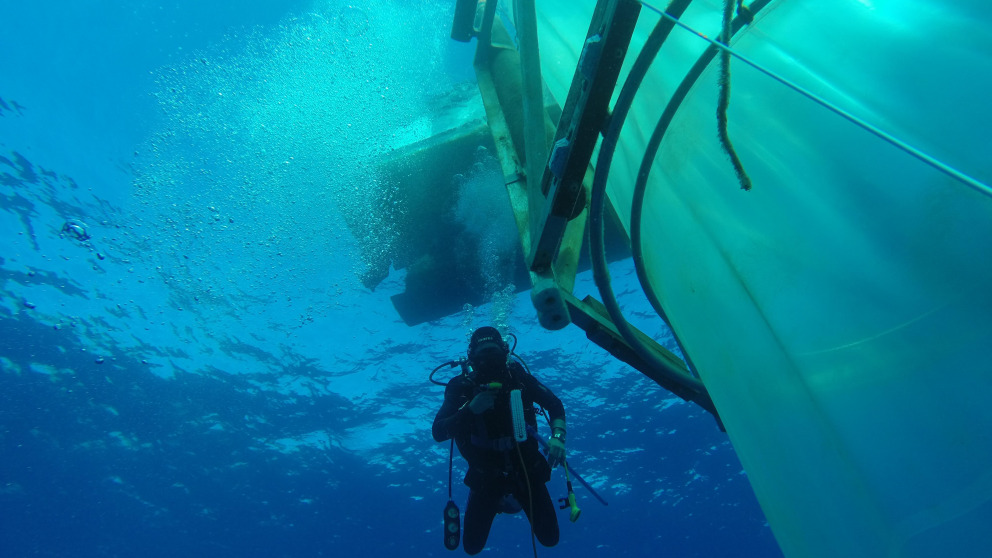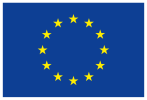Governance, Policy and International Legal Dimensions of Ocean-based Negative Emission Technologies
Duration

From a planetary perspective, the world's ocean is a major component of the Earth system and plays an important role in regulating the global climate. Seen from this perspective, the ocean's capacity to store large amounts of carbon dioxide (CO2) could be an opportunity to limit global warming if the oceanic uptake of CO2 can somehow be increased. However, knowledge of the technical and social feasibility, potential benefits, risks, side effects, and political dimensions of ocean-based "negative emission technologies" (NETs) is relatively limited.
OceanNETs - Transdisciplinary research on ocean-based negative emission technologies
The EU-funded project "Ocean-based Negative Emission Technologies - analyzing the feasibility, risks, and cobenefits of ocean-based negative emission technologies for stabilizing the climate" (OceanNETs) investigates whether ocean-based NETs can play a substantial and sustainable role in limiting global warming. An interdisciplinary consortium of 14 partners from six countries will work together to investigate the technical, environmental, economic and social dimensions of ocean-based NETs. Bringing together the natural sciences, social sciences and humanities, the project employs a transdisciplinary research approach that entails close dialogue with relevant stakeholders to derive recommendations for science and policy.
Governance, policy and international legal dimensions of ocean-based NETs
RIFS, in partnership with the University of Hamburg, is responsible for Work Package 2 of OceanNETs, which will assess the governance, policy and legal dimensions of ocean-based NETs. The work package is divided into three tasks, two of which will be conducted at RIFS:
- Ocean NETs, publics and new forms of governance (lead: Stefan Schäfer, RIFS)
- Regional and global ocean governance for emerging ocean-based NETs (lead: Barbara Neumann, RIFS)
- Oceans and the international law of the sea (lead: Alexander Proelss, University of Hamburg)
Ocean NETs, publics and new forms of governance
This task aims to better understand the conditions under which ocean-based NETs become feasible in, or rejected from, specific cultural and political contexts. Comparative research in Australia, Canada and Germany will focus on the emergence of ocean-based NETs as an object of scientific study, technology development, commercial exploitation, national regulatory power, global governance, and activism.
Regional and global ocean governance for emerging ocean-based NETs
This task aims to develop critical insights into the possible adoption and implementation of ocean-based NETs in relation to ocean governance. It will assess how the deployment of ocean-based NETs would be in keeping with the current legal and institutional frameworks for ocean governance, including key objectives and principles of ocean governance. Through expert elicitation and dialogue with key stakeholders, the research team aims to co-create a deliberative knowledge base and identify and prioritize key policy constraints and possible trade-offs and synergies of ocean-based NETs.
Funding information
This project has received funding from the European Union's Horizon 2020 research and innovation program under grant agreement number 869357.
Further links:
- OceanNETs project website
- Project fact sheet on the CORDIS Website of the European Commission
- GEOMAR press release on the OceanNETs project, 17 June 2020: Mobilizing the ocean for climate protection
- BMBF news item (in German) on the OceanNETs project, 18 June 2020: EU-Projekt OceanNETs
Disclaimer: This project website reflects only the authors' views and the European Commission and their executive agency are not responsible for any use that may be made of the information it contains.






